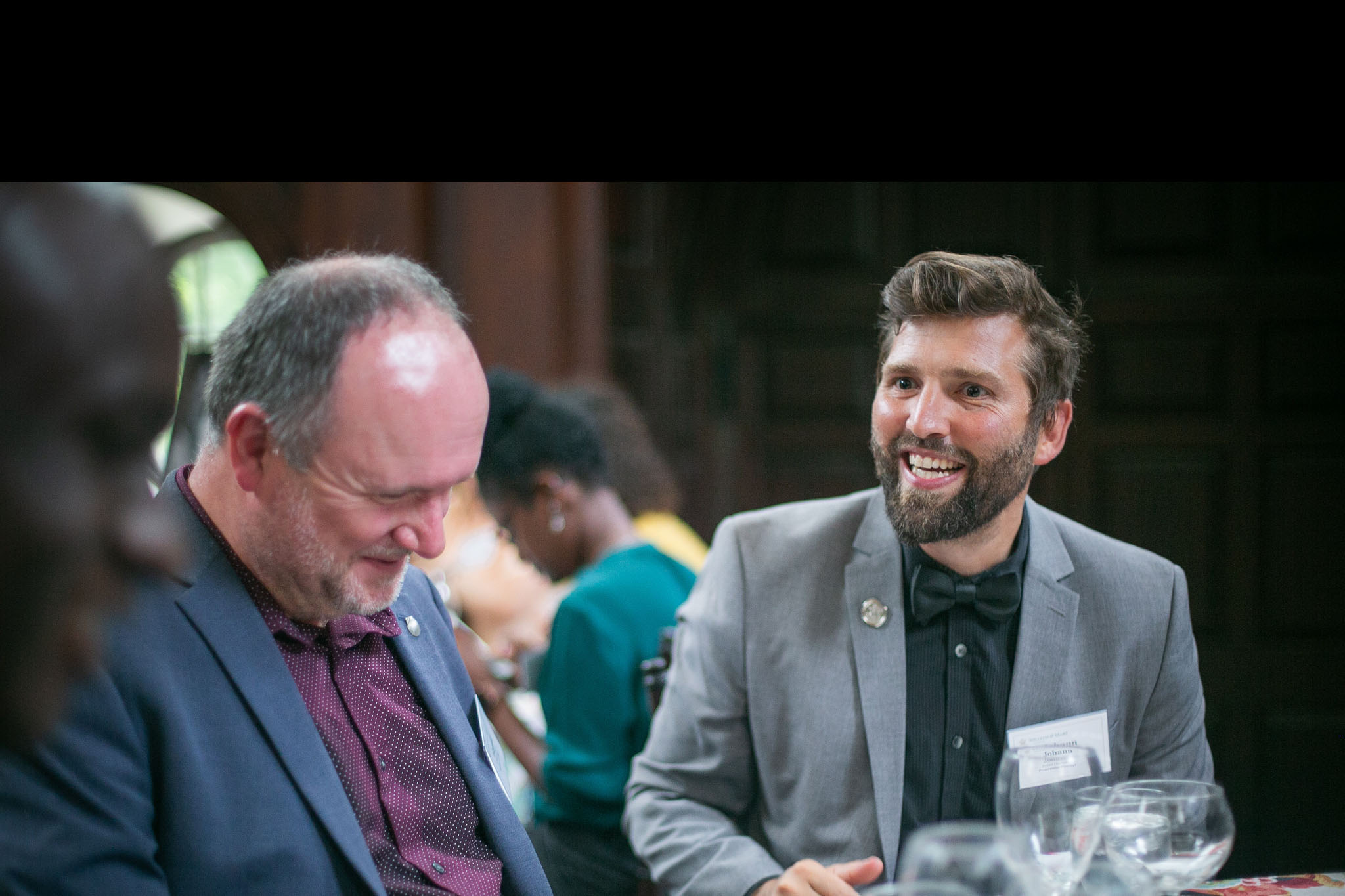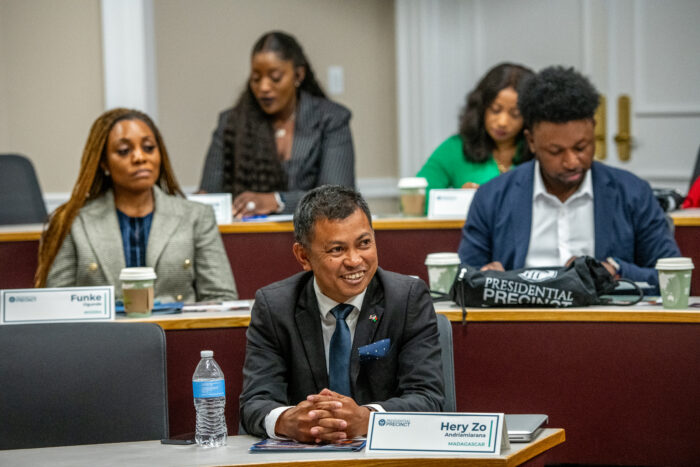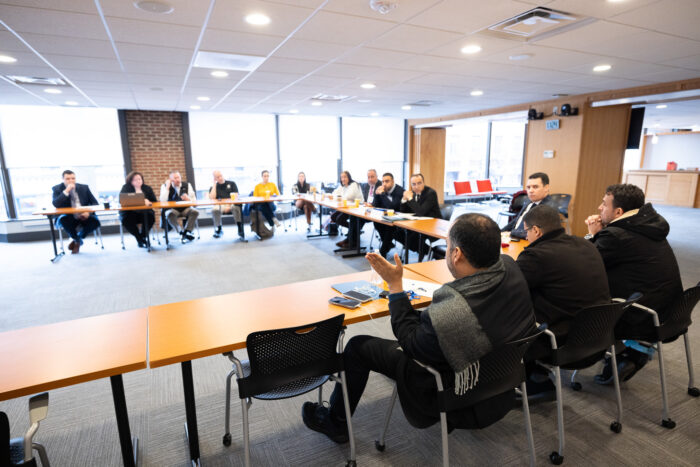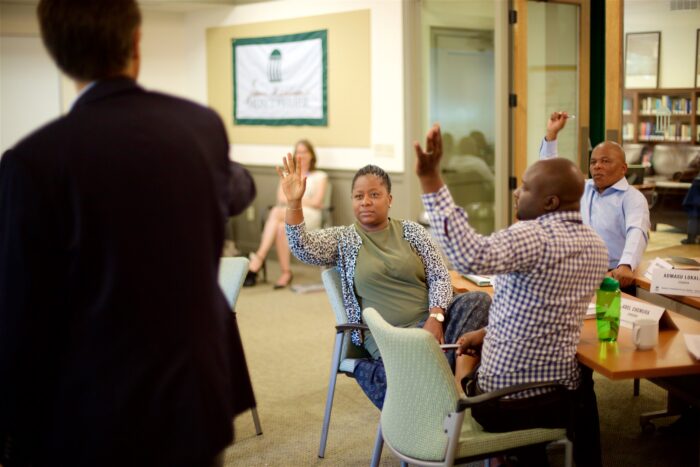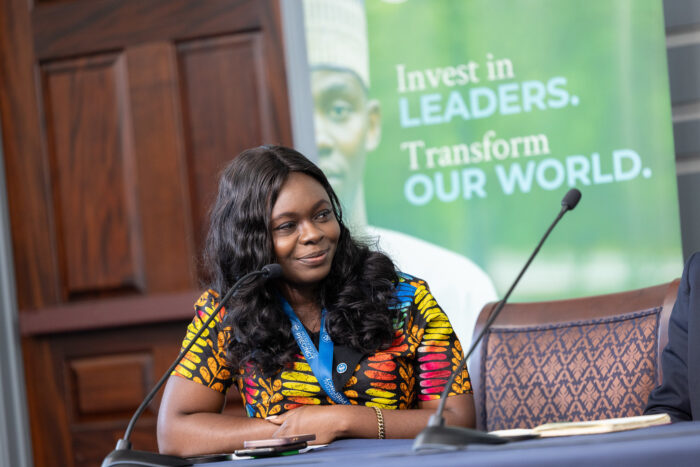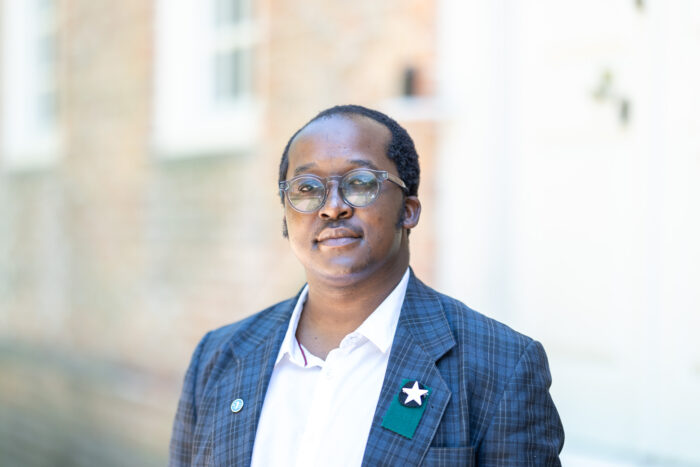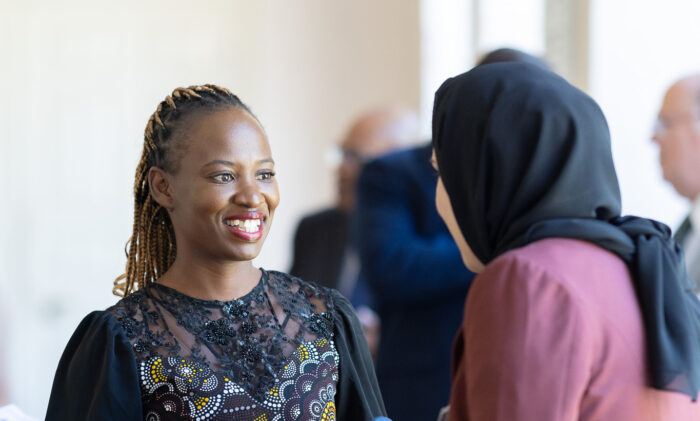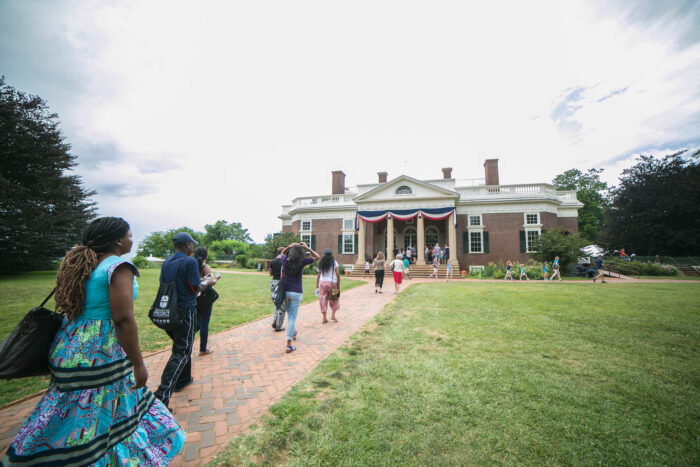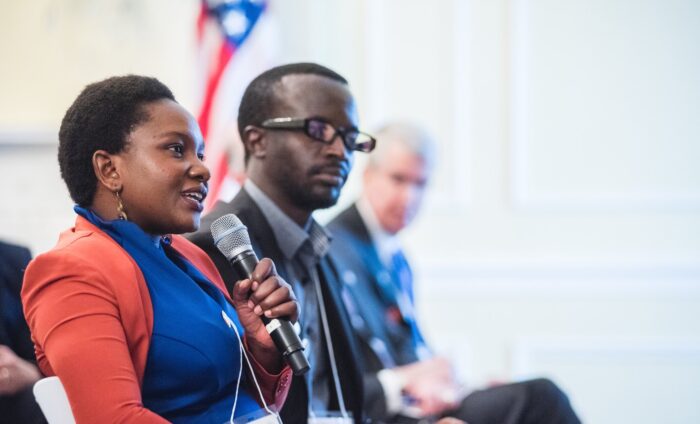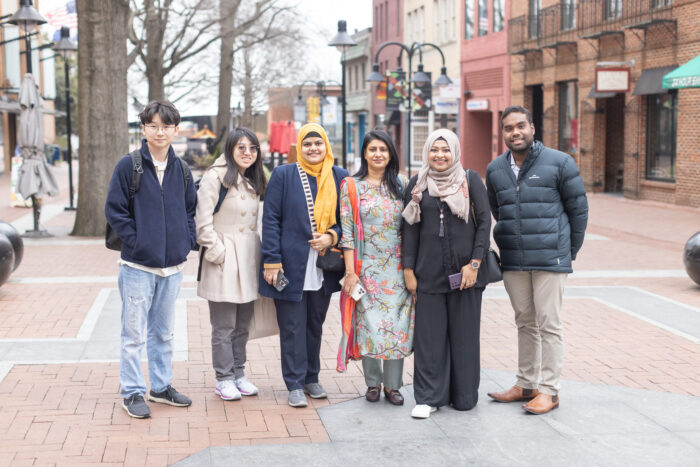YALI Staff Reflections: Light Questioning
“Wisdom begins in wonder.” ~ Socrates
“What is an ice cream sandwich?” was the question Lwazi asked as he and another 2018 Mandela Washington Fellow accompanied my colleague, Hanna, and I to the local Kroger grocery store. All of us were driving to grab snacks, as well as soft drinks, for an impending pick-up soccer game with the rest of the Fellows on University of Virginia’s (UVA) campus. The hazy 90+ Fahrenheit afternoon in June necessitated ice cream sandwiches. And Lwazi’s question was not the last to instill a compounding wonder in me after six weeks with one of the most insightful, observant, and restorative communities of scholars.
Our 2018 Mandela Washington Fellows heralded from 17 sub-Saharan African countries, almost all of whom were visiting the United States for the first time. My first impressions meeting the Fellows – their impressive lists of accomplishments, diverse projects to increase human rights, founders of nonprofits in Africa – were similarly echoed by university presidents, local business and civic leaders alike. Look under the surface of their accomplishments and you would find a great deal more – inquisitive minds, alert hearts, and able hands. But what the 2018 Mandela Washington Fellows excelled at most was asking poignant questions in every academic session or discussion, unsatisfied by routine rebuttals. “Could you expand on what you meant by… How does your point address women in… Where do you see progress for people with disabilities here… Why do start-ups struggle to receive funding?”
Wonder begets wonder. Questions beget questions.
The discussion that stands out to me occurred at UVA’s programmatic and events space Morven Farm, entitled Leadership in the Face of Conflict: A Charlottesville Case Study. Our panelists ranged from a UVA student to two UVA deans and a local pastor, all of whom addressed the horrific incidents that took place on UVA’s campus exactly one year ago. “As a leader,” explained one of the deans, “you only exist to the extent that you connect with the people who follow you and have a commitment to local, public service.” I watched as our Fellows absorbed the conversation.
They grappled with the freedom of speech and expression laws, which do not guard against hate speech, but breaks down whenever verbal crosses into physical abuse. The panelist posed substantial and complex questions to the Fellows: How are we as leaders confronting the problems youth face on a daily basis? How can universities ensure to never graduate individuals who support racism? Who gets to own the symbols in the public space and define their cultural myths? Whose reality is it supporting?
Difficult questions even now to answer.
Enter the Honorable John Charles Thomas, a former justice of the Supreme Court of Virginia. The first time the Fellows heard his booming, bright voice we were seated in The Rotunda. When Judge Thomas recited the lines of one of his eloquent poems – We learn by light, we grow by light / We sit in the dark transfixed by its sight / And as the light flickers our hearts respond / We can see the connections we can feel the bonds – all were captivated. And like any millennial, I could not help but grab my smartphone, snap a picture and immediately post the moment on Instagram. Many of our tech-savvy Fellows did likewise.
Our Washington Mandela Fellows revisited Judge Thomas’ poem “Light the Soul” multiple times throughout their Fellowship. Some translated it into their native language. Others reflected on the nature of light and how it illuminates love, justice and goodness in the world. In so many ways the 2018 Fellows embodied the essence and characteristics of Thomas’ Light. As they returned to Africa, they remained hopeful, unswerving, ambitious, and committed to the work of innovating for development in Africa, empowering the next generation of leaders, advancing the rule of law, and promoting women’s rights and the rights of marginalized people.
I will not easily forget the days, afternoons and nights spent with this year’s Fellows. We explored our strengths and the qualities that define good leadership. We broadcast our informed opinions on Facebook as part of #MWFLive. We grew as friends and colleagues, able to sharpen and challenge one another. They are a community of scholars – from the soccer field, to the academic classroom. Whether it was cooking dinner together in their apartments, drafting emails for networking opportunities in our nation’s capital or preparing their Ignite Talk presentations for the Africa Ideas Summit, our Fellows impressed and inspired us to think broader about constitutional and inclusive values. They instilled wonder via questions and caring bonds. Wisdom was not far behind.

